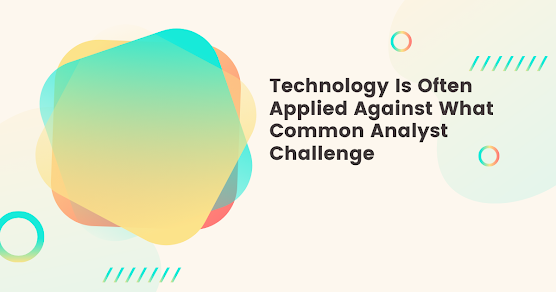What are the laws with in health and information technology hipaa?
HIPAA, which stands for the Health Insurance Portability and Accountability Act, is a federal law in the United States that sets standards for the protection of sensitive patient health information. It includes provisions that are relevant to health and information technology. Here are some key aspects of HIPAA related to health information technology:
Privacy Rule: The HIPAA Privacy Rule establishes national standards for the protection of individually identifiable health information held or transmitted by covered entities. It defines the rights of individuals regarding their health information and sets limits on the use and disclosure of that information by healthcare providers, health plans, and other entities.
Security Rule: The HIPAA Security Rule provides standards for protecting electronic protected health information (ePHI) that is created, received, used, or maintained by covered entities. It requires the implementation of administrative, physical, and technical safeguards to ensure the confidentiality, integrity, and availability of ePHI.
Breach Notification Rule: The HIPAA Breach Notification Rule requires covered entities to notify individuals, the U.S. Department of Health and Human Services (HHS), and, in certain cases, the media, following a breach of unsecured protected health information. The rule outlines the requirements for breach assessment, notification timing, and content.
Enforcement: HIPAA is enforced by the Office for Civil Rights (OCR) within the U.S. Department of Health and Human Services (HHS). The OCR investigates complaints and conducts audits to ensure covered entities' compliance with HIPAA regulations. Non-compliance with HIPAA can result in penalties and fines.
It is important to note that HIPAA applies to covered entities, which include healthcare providers, health plans, and healthcare clearinghouses. Additionally, business associates, such as vendors and contractors who handle PHI on behalf of covered entities, are also subject to HIPAA regulations.
Health information technology plays a significant role in ensuring compliance with HIPAA requirements. Covered entities and business associates must implement appropriate technical safeguards, such as secure networks, encryption, access controls, and audit logs, to protect electronic health information. They must also establish policies and procedures to address privacy, security, and breach notification requirements.
HIPAA regulations help to protect the privacy and security of patients' health information, promote interoperability, and facilitate the electronic exchange of health information. Compliance with HIPAA is essential for healthcare organizations and technology vendors to maintain the trust and confidence of patients and ensure the security and confidentiality of their health information.
Also check important articles: childhood trauma test and cognitive behavioral therapy techniques



No comments: